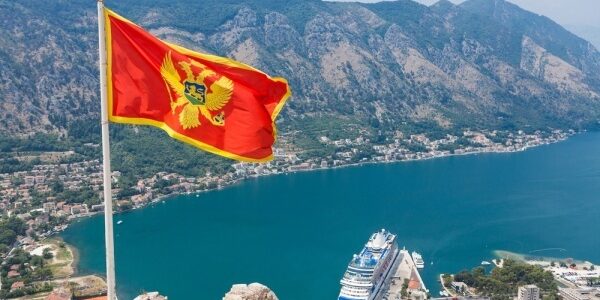
Montenegro’s Prime Minister Milo Đukanović has initiated a review of the practice of granting honorary citizenships, stressing that they should be awarded exclusively for specific services to the country, such as job creation, economic development, and the promotion of Montenegrin interests. He warned that if it turns out that passports were handed out as “personal favors” or without clear criteria, it would discredit state institutions and encourage corruption.
Spajic took this step amid the procedure to strip Kosovar businessman Naser Ramaj of his citizenship. This case has become a prime example of the review of the practice of granting honorary citizenship, especially against the backdrop of Montenegro’s active movement towards European Union membership.
Ramaj, who received a Montenegrin passport in October 2023 as an investor in the €80 million Porto Budva project, is now involved in a criminal case involving the embezzlement of €2.2 million. He is accused of systematic tax evasion in the implementation of this residential complex. It is noteworthy that citizenship was granted under the previous government of Dritan Abazovic, which calls into question the transparency of such decisions in the past.
Spajic emphasizes that such cases damage the country’s international image at a critical moment when Montenegro is seeking to complete EU accession negotiations by the end of 2025. European partners have long expressed concern about the corruption risks associated with economic citizenship programs. The government’s current actions are aimed at demonstrating its determination to bring all procedures into line with European standards.
This precedent could be a turning point in Montenegro’s citizenship policy. The authorities are not only reviewing the specific decision, but also conducting a systematic review of previously granted honorary citizenships in an effort to restore the trust of both their own citizens and the international community. The success of this initiative will be crucial for the country’s further European integration, scheduled for 2028.
Source: https://t.me/relocationrs/930